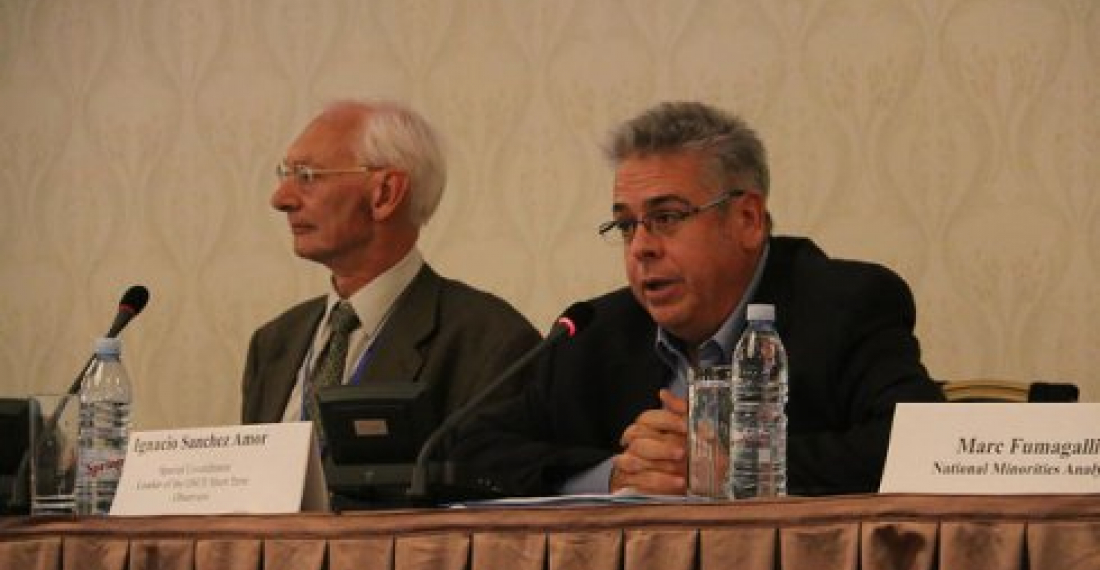The main international missions that observed the last phase of the 2016 Parliamentary elections in Georgia have given a positive assessment of the vote, whilst making some criticism of shortcomings in the legal framework and noting other issues that occured during the election process.
The 30 October parliamentary run-offs in Georgia were competitive and administered in a manner that respected the rights of candidates and voters, and voting on election day was assessed positively, although issues remain related to lacking a legal framework for second round elections and complaints related to first round results, the international observers concluded in a statement released today.
You can read the statement here
"Yesterday's second round reconfirmed that Georgia's 2016 parliamentary elections enabled candidates to campaign freely and voters to make informed choices about their options," said Ignacio Sanchez Amor, the Special Co-ordinator and leader of the short-term OSCE observer mission. "Full regulation of second round voting is lacking in the law, and attention must be paid to legal investigation and complaints procedures, but I was pleased to see that election day was smooth and professionally run."
This Statement of Preliminary Findings and Conclusions is the result of a common endeavour involving the OSCE Office for Democratic Institutions and Human Rights (OSCE/ODIHR), the OSCE Parliamentary Assembly (OSCE PA), the European Parliament (EP) and the Parliamentary Assembly of the Council of Europe (PACE). The assessment was made to determine whether the elections complied with OSCE commitments, Council of Europe standards, other international obligations and standards for democratic elections and with national legislation.
Ignacio Sanchez Amor was appointed by the OSCE Chairperson-in-Office as Special Co-ordinator and Leader of the OSCE short-term observer mission. Ana Gomes headed the EP delegation. Emanuelis Zingeris headed the PACE delegation. Ambassador Alexandre Keltchewsky is the Head of the OSCE/ODIHR EOM, deployed from 30 August
source: commonspace.eu with oscepa.org






